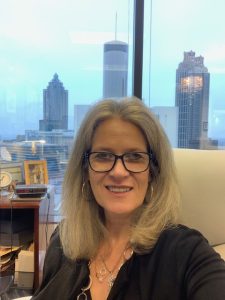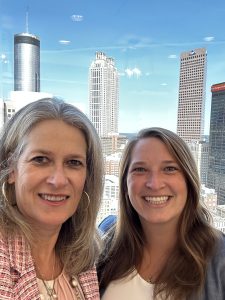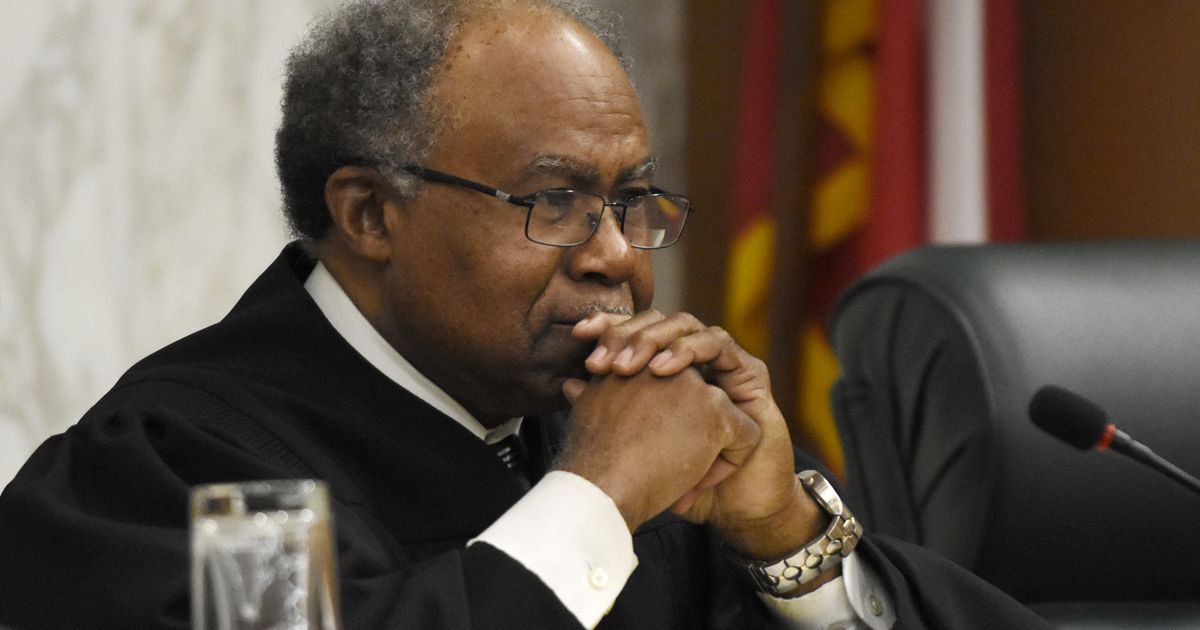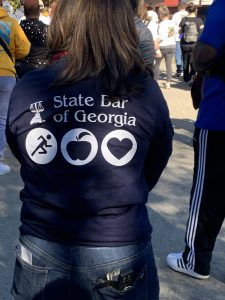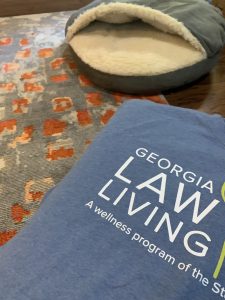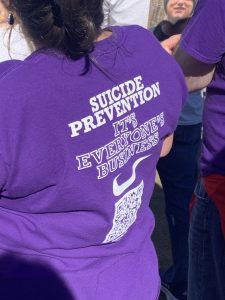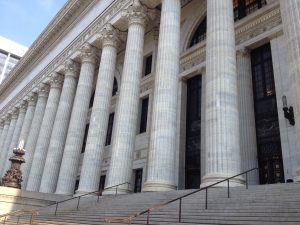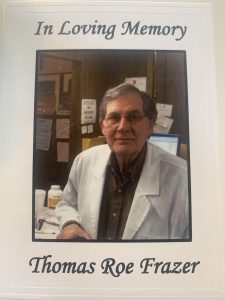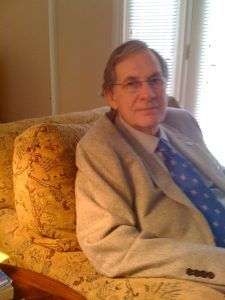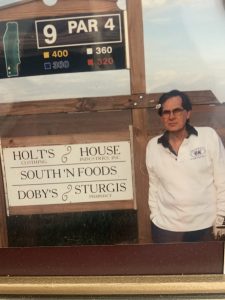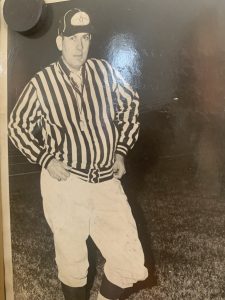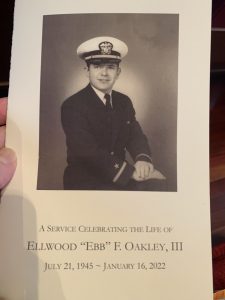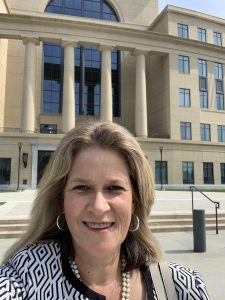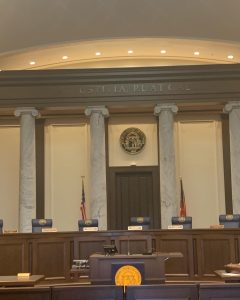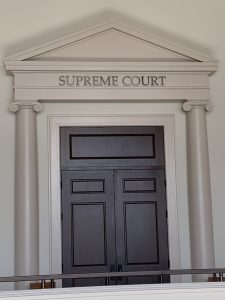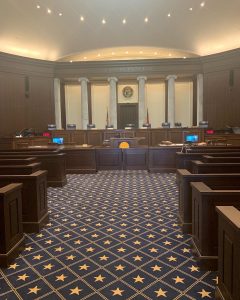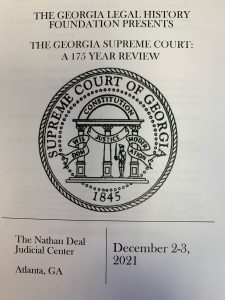Like you, I am fed up with the constant lawyer advertising on TV. It has gotten completely out of hand. The worst TV ads for lawyers are the ones that portray personal injury litigation as a “game.” One such ad even has a person who is presumably someone who has been injured and in need of a plaintiff’s personal injury lawyer playing a carnival rubber ducky game against the crooked carnival guy who is presumably the insurance carrier. It depicts having a personal injury claim is like picking the right rubber ducky at the carnival. It is so wrong, so insulting and so demeaning. As is another Lawyer TV Advertiser who depicts the value of a personal injury game like asking for more sprinkles on ice cream, and simply by demand “more, more, more” and hiring this TV advertiser, you’ll get “more” in a personal injury settlement. So offensive and so outrageously wrong and naive. As a personal injury trial lawyer who has devoted my life to the Rule of Law and to obtaining Justice for loved ones who have been injured or killed, as a Past President of the State Bar of Georgia and as a Past President of the Georgia Trial Lawyers Association, I’m sick of it.
Personal injury litigation is NOT A GAME!
And trials are not rigged.
 Atlanta Injury Lawyer Blog
Atlanta Injury Lawyer Blog


